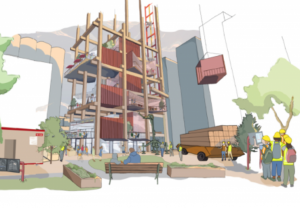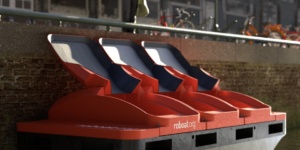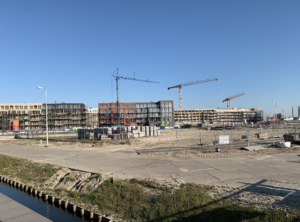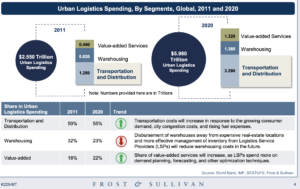Arval: LCVs shift to electric powertrain
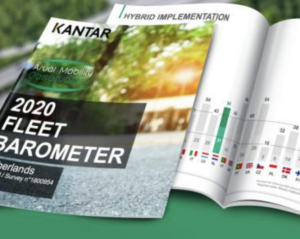
During the last few years, the number of LCVs has increased. With this increase, the challenges for last-mile urban operations are becoming crucial for many companies. Congestion, air quality concerns, low emission zones, and cost of the last mile are perhaps some of the main issues. However, all of these challenges represent real opportunities for OEMs. Arval …




